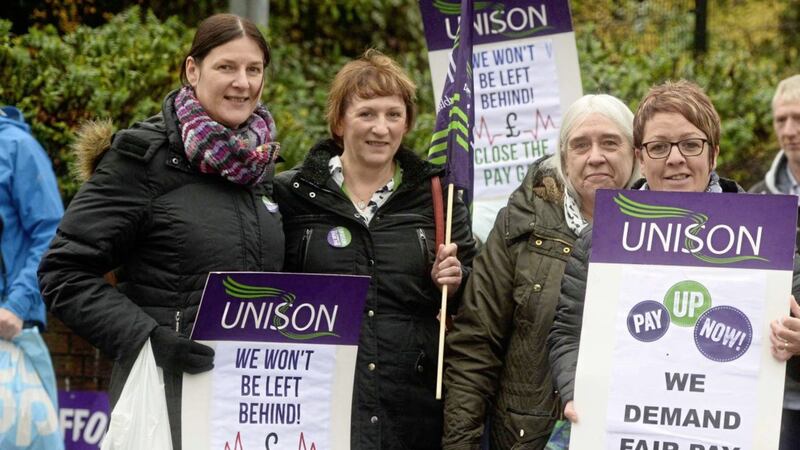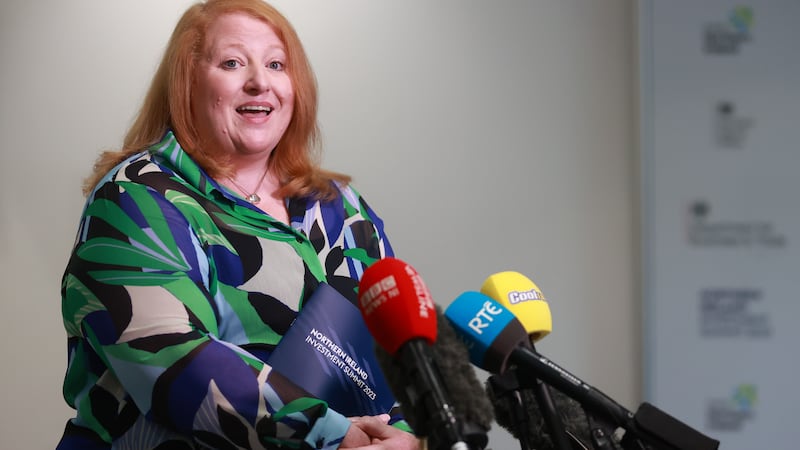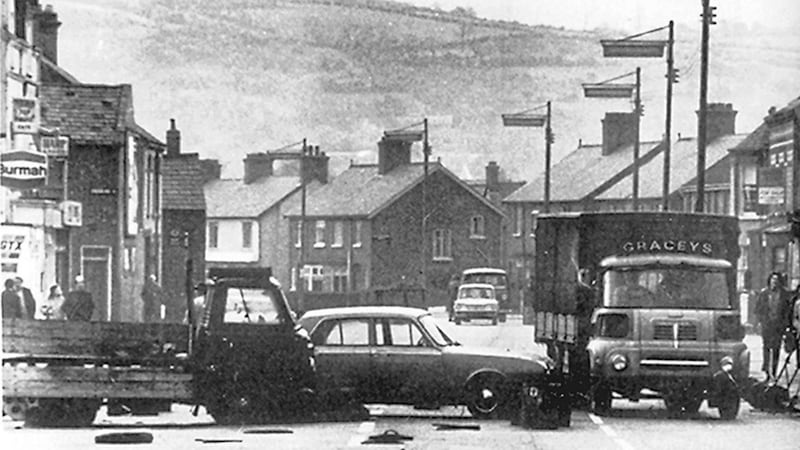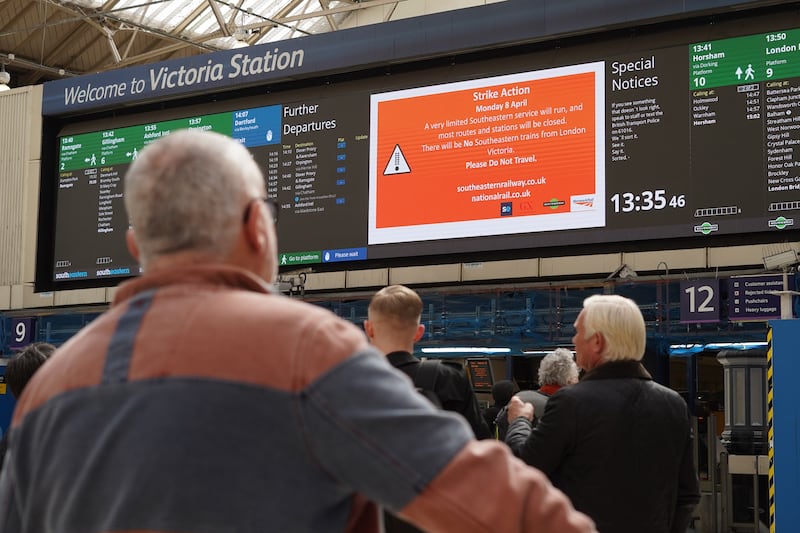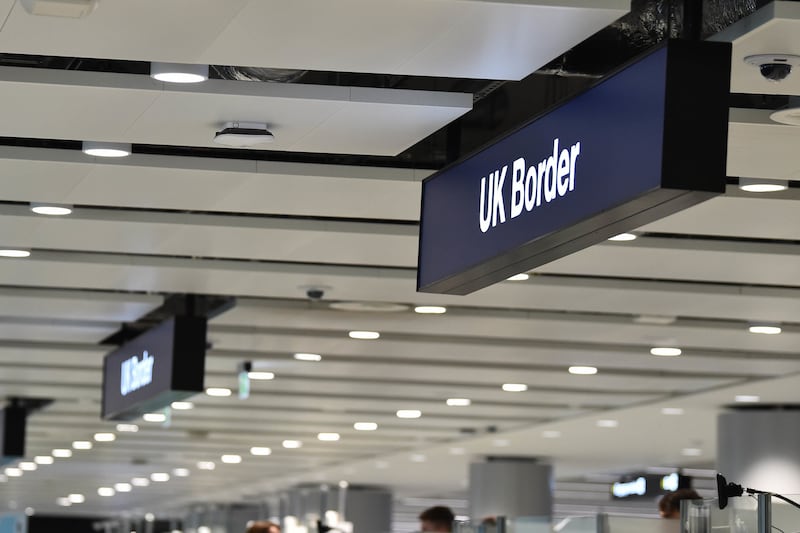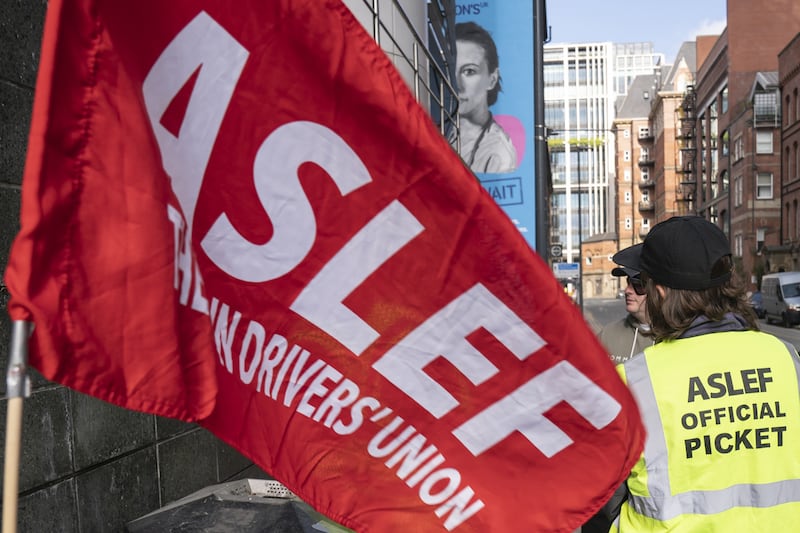FOUR hospital workers with more than 130 years of experience between them were among hundreds of specialist staff who went on strike yesterday in a dispute over pay and staffing.
Unison members based in sterile and domestic services across health trusts staged the first wave of planned action that will continue to next March, while thousands of other staff 'worked to rule'.
During a lunchtime picket outside Belfast City Hospital, colleagues working at the Endoscopic Decontamination Unit - where 'probes' are prepared for procedures such as colonoscopies to detect early stage bowel cancer - described the move a "last resort".
Civil service chiefs, including Department of Health permanent secretary Richard Pengelly, Department of Finance permanent secretary Sue Gray, and David Sterling, overall head of the NI civil service, issued a joint statement expressing their "deep regret" at the action and said it was "inevitable" that patents will be affected.
Joanne Emerson, who has been employed in sterile services for 33 years, said they had worked extra hours in the run-up to the strike to ensure patient procedures would go ahead.
She and her co-workers - known as assistant technical officers - earn an average wage of £18,500 for what they say is "vital, skilled work".
"We prepare scopes for patients for everything from respiratory conditions to liver disease to urinary infections. Staffing is short and you worry about these thing. Patients are at the end of the line and we always go the extra mile," she said.
"We didn't take this decision easily, it's a last resort. Nobody wants this. We've been patients ourselves so we've been at the other side of it as well."
Colleagues Anne Grant, who has worked across Belfast hospitals since 1974 decontaminating surgical instruments and endoscopes, and Roberta Hill insisted that patient care was "paramount".
"We did extra prep work so there were enough scopes for the procedures," Ms Grant said.
Pamela English, who has worked for 32 years in the sector, added: "We'd like to be paid the same as the rest of the NHS, they get about £2,000 more than us."
Talks broke down between department and trade unions last Friday, with Mr Pengelly citing budgetary constraints and the "lack of authority" in the absence of a minister to increase the pay offer.
A 2.1 per cent pay rise was made equating to around £50m of this year's health budget.
Double that figure is required to bring the north's healthcare workforce into line with their English counterparts' earnings.
Mr Pengelly said: "Intensive contingency planning is being undertaken to mitigate the impact of industrial action on patients and other service users.
“It is nevertheless inevitable that there will be an impact on patients. This has been publicly acknowledged by the trade union leadership.
“I can assure everyone that the department did everything in its power to prevent industrial action... In the absence of ministers, departments are constrained in the actions they can take. We continue to face unprecedented challenges in Northern Ireland and we trust trade unions appreciate that public servants in the civil service are trying to do their best in a very difficult situation."
Mr Sterling said he was aware of the "deep frustrations" in the public sector workforce but said there were "no easy fixes", with dialogue being "the best way forward".
Meanwhile, Ms Gray said despite the health budget being prioritised and protected "as far as possible", all available funding had been allocated across departments.
But Patricia McKeown, regional secretary of Unison, said she believed money must be found to tackle the pay crisis and pointed to spending on agency workers.
"Just track the spend on temporary agency spending on nurses alone - we're looking at a predicted £200m by the end of the year. That bill has leapfrogged year on year since 2014 against a backdrop of no workforce planning. It's a vicious spiral," she said.
"If we were paying the permanent staff properly, we would have no walkouts by scoping staff today... This is the worst crisis we have ever seen in our health system in Northern Ireland - it really is. Our members feel their voices haven't been heard. They see no alternative."
